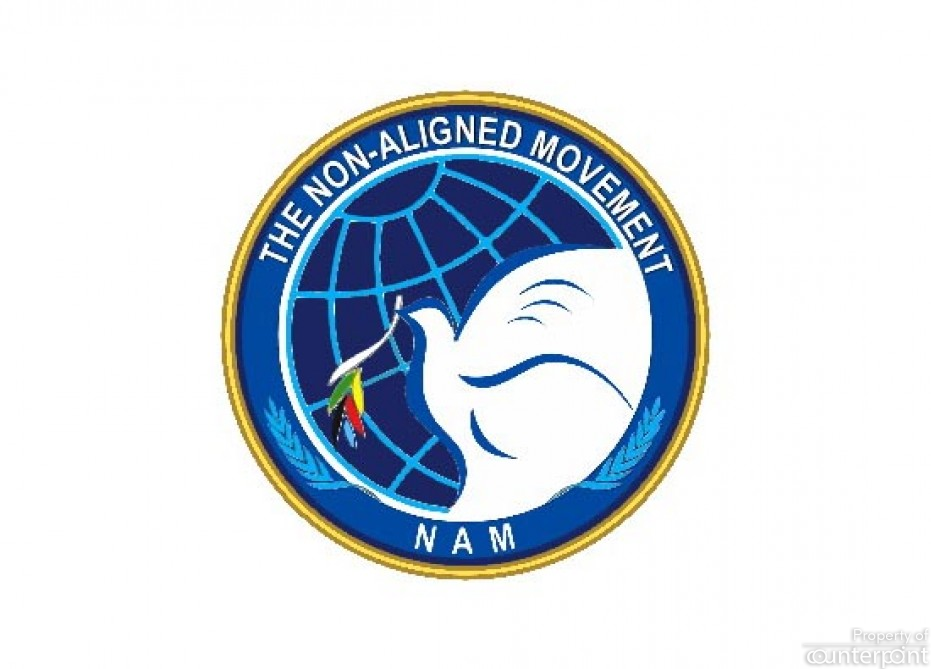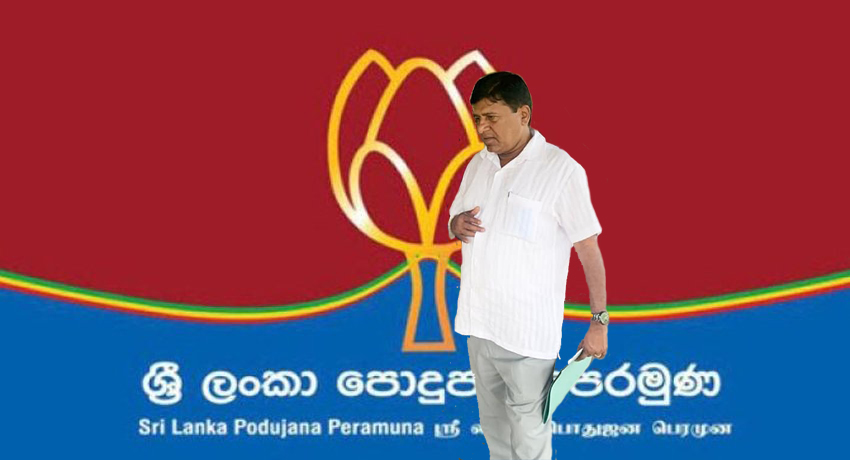It is a time for profound reflection in Sri Lanka as it tries to rise from the April 21 devastation and debris. One of the worst things that could happen to this country, that has been hyped as an ’emerging’ one, is for all who matter in it to cave-in to populism and its seductions in matters political at this juncture when national rejuvenation is seen to be the crying need.
The reasons for the attractions of populism are plain to see. The issues confronting this country at present are of a highly complex nature and defy easy analysis. In the face of such complexity and seeming confusion, rather than think matters through with intellectual rigour, most opinion-makers seem to be inclined to take the easy option of thinking in threadbare terms and tired slogans. They seem to be embracing superficiality as a result of being cowed by the complex issues facing them.
Those sections that have taken it upon themselves to reflect on the country’s behalf need to remind themselves that the perennial backdrop to the crises befalling Sri Lanka is the dog-eat-dog power struggle between the foremost local political players or parties. Accordingly, given this setting, crucial issues are unlikely to be looked at unemotionally by the main political parties and quarters. ‘Thinkers of the nation’ need to detach themselves from such emotion-laden polar positions
In the current context, these squabbling sides are the UNP-led government on the one side, and the Pohottuwa and the SLFP, along with their allies, on the other side. Whether either of these sides could take an impartial, objective view of things, in this situation, is an open question. More importantly, we need to question whether the ordinary citizenry’s interest is being served by these endemic, partisan squabbles that focus mainly on the acquiring of power by either side.
Such reflections by Dissector are prompted by the frequent occurrence of terms, such as, sovereignty, independence and self-determination, in present public ‘discourse’ in Sri Lanka. There is also a tendency to unwarrantedly and disproportionately criticize international organizations, such as the UN. The latest prominent personality to voice some of these issues was a leading Catholic clergyman in Sri Lanka. In a recent sermon, he repeated the oft pronounced accusation that the government was virtually selling out to foreign powers. He was also severely critical of the UN and its agencies.
These pronouncements by the clergyman smack of populism of the highest order. Quite a few impartial sections have come to question the cleric’s objectivity in the wake of these statements. While there could be some substance in these accusations, the national interest would be served better by persons and quarters generally looked up to if constructive criticisms are made instead of destructive ones. For example, there is some justification in the claim that the government is highly dependent on the West and is dictated to by it; but the more rational quarters among us would like to learn as to how Sri Lanka could get out of these foreign policy dilemmas. If not the discussion concerned smacks of partisanship and strikes as lacking in constructive input. Care needs to be taken by responsible sections in this connection because they help in moulding public opinion.
Fortunately, the current seeming confusion on the international front notwithstanding, we have had a welcome comeback of sorts recently by none other than the Non-aligned Movement which has made a case for US sanctions-battered Venezuela and other countries at the UN Human Rights Council. NAM efforts, spearheaded by Venezuela and Palestine, helped defeat punitive measures taken by the US against Venezuela and other states targeted by it, by rallying the majority of states in the UNHRC behind the NAM counteraction. Here’s a refreshing example of how discriminatory measures against developing countries could be defeated by resourceful peer states.
Thus, NAM has proved that it is no spent force. Accordingly, leading opinion within Sri Lanka, for example, need to think in terms of how constructively, substantially and exemplarily they could contribute to the discourses of the day. Mouthing populist slogans could only aggravate the crisis atmosphere within the country. Transcending populism emerges as a challenge.
Indeed, the NAM example should set Sri Lanka thinking as to whether it should not contribute towards reviving the Movement and make effective use of it to serve the vital needs of the global South. At the moment, strengthening the developing countries within the global South is a crying need.
Organizations such as NAM are sorely needed. Rejuvenating them would serve Southern interests better than mindlessly berating the predominant powers of the world. The latter have, are and will ‘meddle in the affairs’ of developing countries. This is intrinsic to big power politics. Decrying this trend continuously amounts to flogging the proverbial dead horse.
Rather than remain mired in this mindset the global South would be serving its legitimate interests better by fighting the inequities of the current international order collectively and cooperatively. South-South cooperation needs to make a sound comeback. These basics must be re-visited and this is one way in which the disproportionate power of the US and other sections of the West could be blunted. Rallying the South behind the vulnerable and the poor, a fundamental requirement in the fifties and sixties decades, returns as an imperative for the developing world.

The US under the Trump administration has virtually set the tone for the present world order by championing US chauvinism. ‘America First’ is its rallying call and through its treatment of its perceived adversaries, such as Iran, the US is aggressively impressing on the world that it would brook no resistance on what it conceives as its path to renown and overwhelming power.
Meanwhile, the Trump administration displays in no uncertain terms its inclination to pander to white supremacist sentiment. Minorities and women are treated with the utmost disdain in the process. Recently Trump dismissed prospective minority group Democratic female presidential hopefuls in highly uncomplimentary terms. The message is clear that the US is only for the whites.
The global South in particular needs to take heed. If the US under Trump is anything to go by, populism and simplistic thinking among the most influential circles in a country could take it and the world to conflict and war. Sri Lanka could ill-afford to have such a future.





